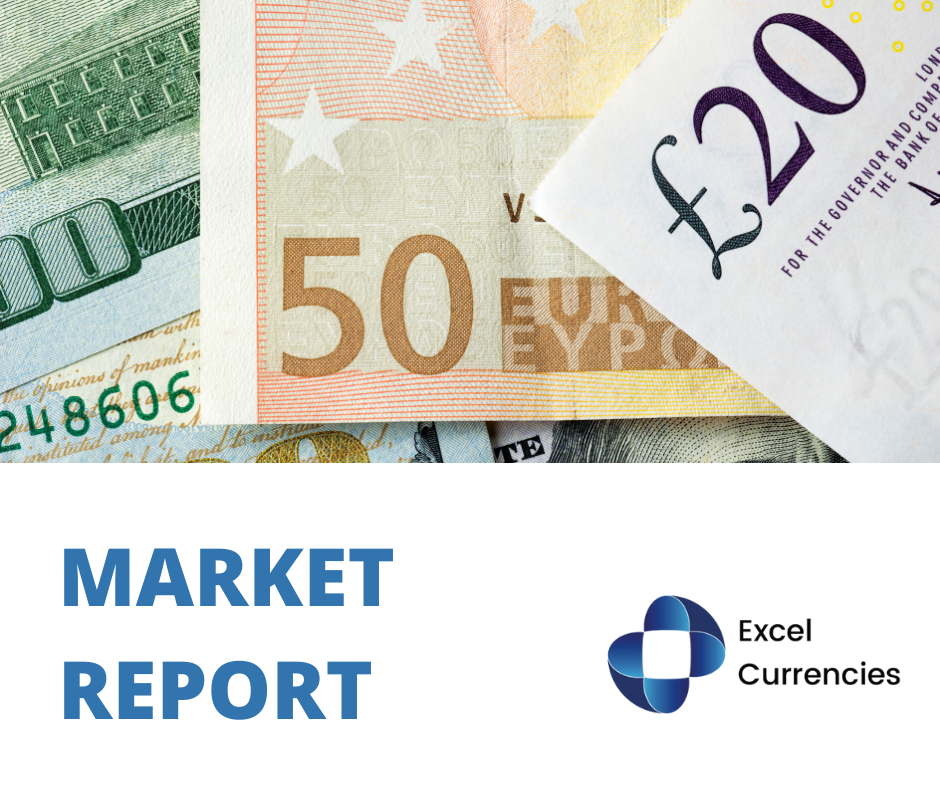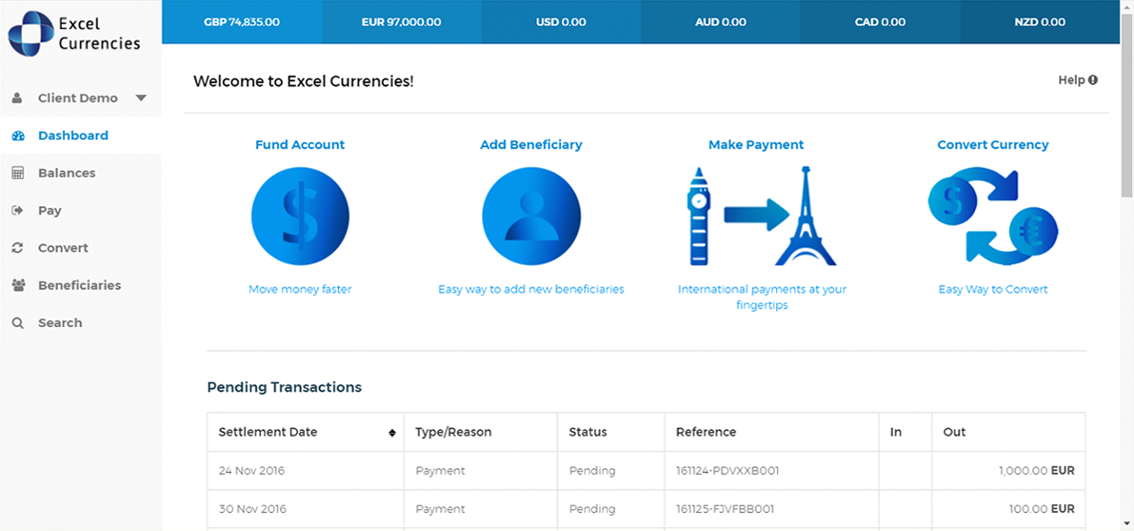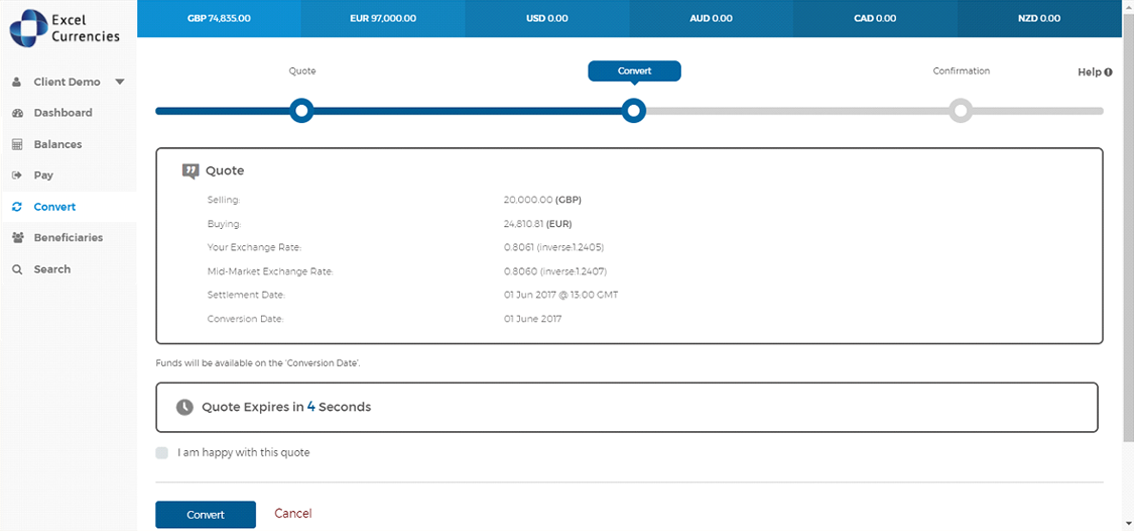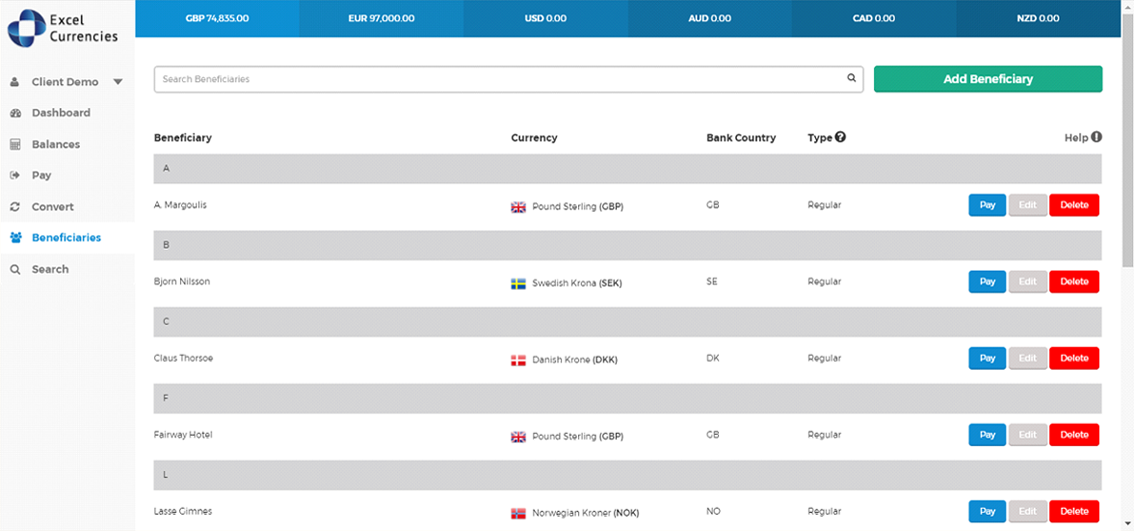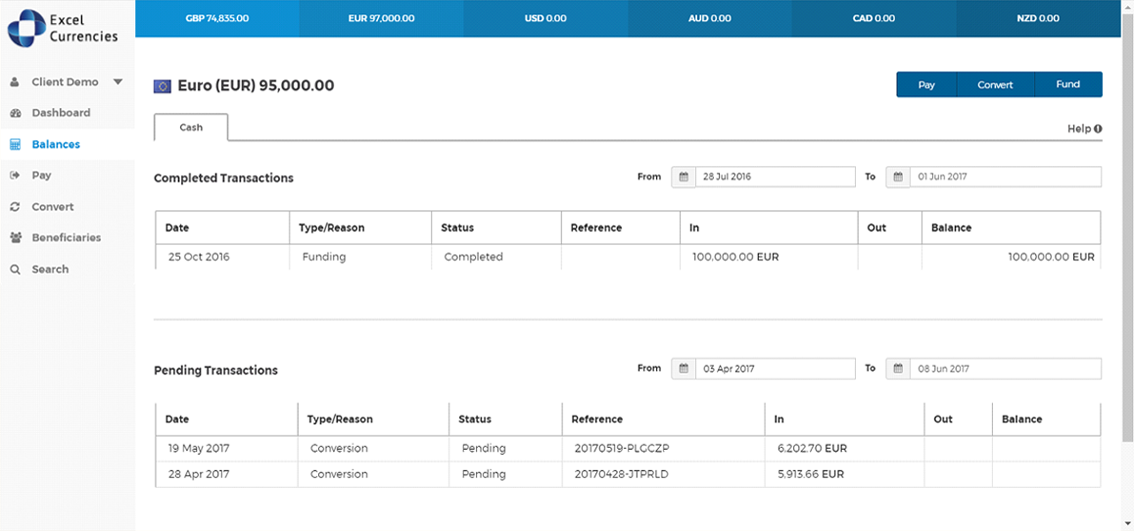|
At current levels, Sterling bizarrely finds itself unchanged against the Euro on the 1-week, 1-month, 1-year & 2-year charts. This would suggest some near & long-term consistency against the single currency which is most welcome in the biggest and one of the most volatile markets in the world. 1.16 mid-market actually represents fair value on this pair post-Brexit, something to bear in mind.
Versus the USD things are very different though; 1-week is unchanged, 1-month sees a 2% gain, it's a 5% gain in 1-year and a huge 8% loss on the 2-year chart. Anyway, against all the odds, GBP has found itself either unchanged or in profit against the majority of currencies both this year and in the last quarter.
As we keep mentioning and emphasising, this simply wasn't meant to happen. Q1 certainly was completely unexpected and most had bet that the gains made were going to be lost in Q2, as historically (for one reason or another) this has been a bruising quarter for the Pound. Instead, further gains were made and all of a sudden the majority of traders, economists and analysts are backing the £.
Well not all, as HSBC & Investec in particular have bucked the recent trend and have come out today to bet against GBP near & long term. Tacticians at both banks believe July will be the start of a downward spiral for the Pound as the economy comes under pressure due to prolonged high inflation and interest rates. A quiet start to the new month is expected after a hectic couple of weeks, but we will see from next week whether these two could be on to something..
EUR
The Euro-Zone received some good news last Friday with its collective inflation number falling faster than expected. Spain in particular is worth mentioning here as its number fell below the ECB's target of 2%. This signals the end of the supply shock in the country which sees its number to March 2021 levels.
A lower inflation number is good for economies and consumers, however it's bad for a country's currency, as that is heavily measured on how high the interest rate is. If inflation is falling faster than expected, the ECB will not need to hike rates much (if at all) past this month and so this signals a potential headwind on the horizon for the single currency.
USD
The US is the only major that releases anything worth planning for this week with Thursday's services PMI the main 'danger'. £-$ certainly has support around the 1.26 mid-market level with resistance past 1.28. Again, after a couple of busy weeks on the market, we should see a more calm few days ahead (especially with the US bank holiday tomorrow) which will allow for currencies to consolidate at current levels for a time.
|

 Twitter
Twitter Facebook
Facebook linkedin
linkedin Google
Google